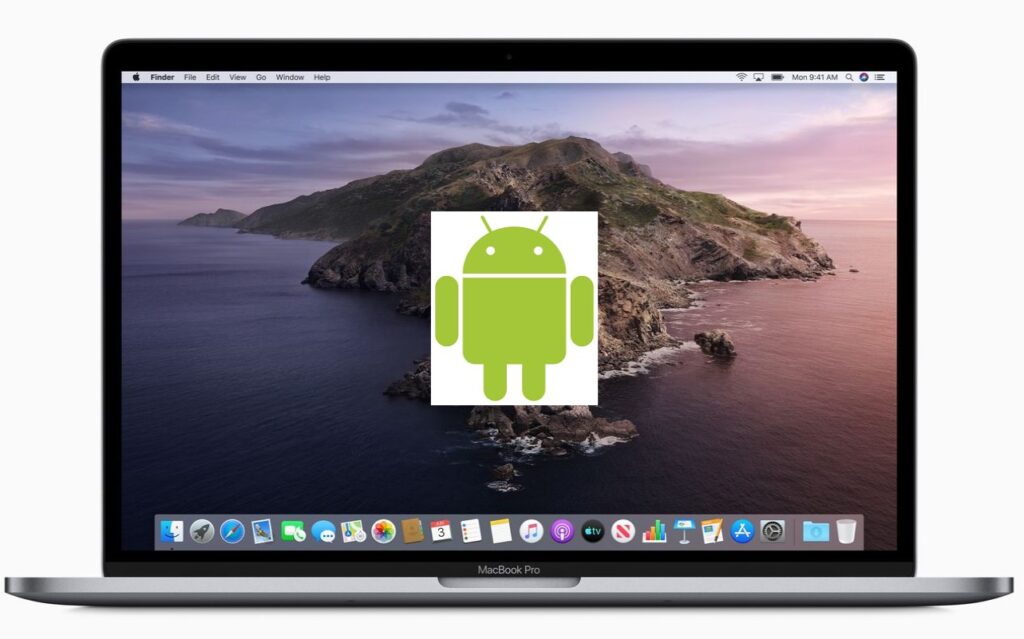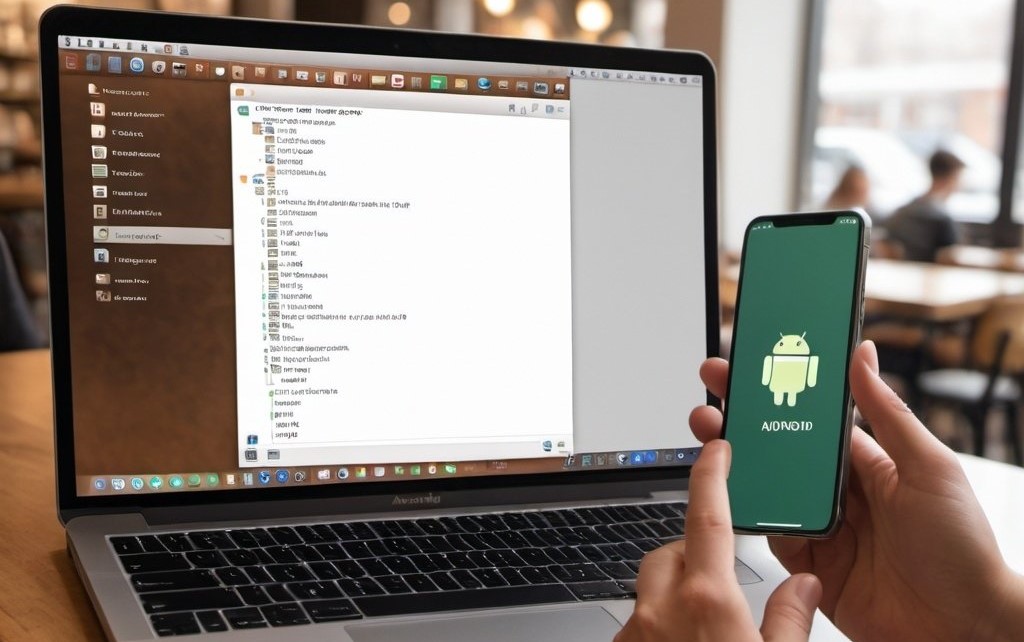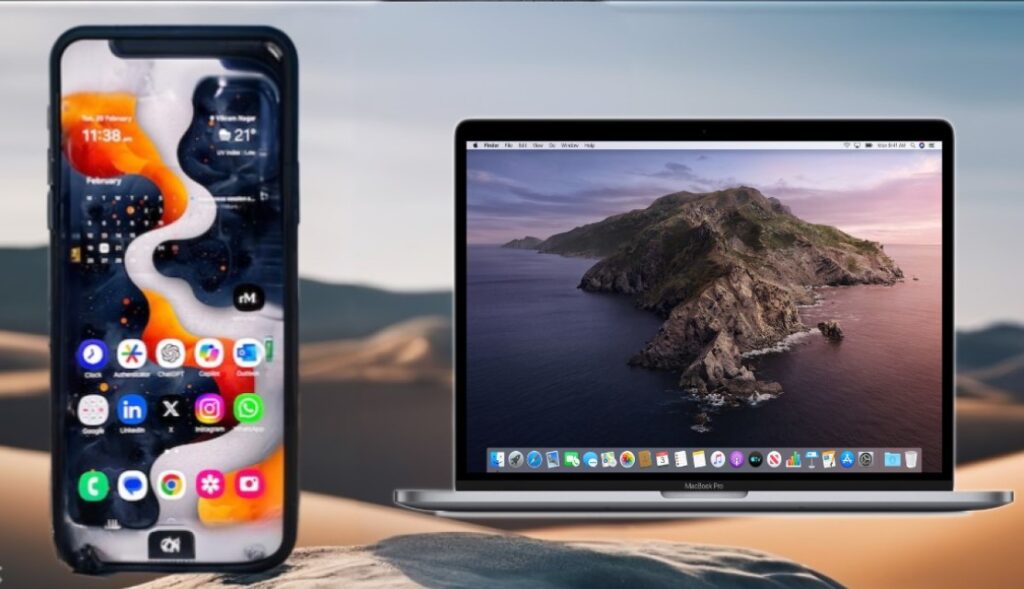Sharing our audio files safely has become one of the biggest challenges we face as music professionals. We spend weeks perfecting our tracks, mixing every detail just right, yet most of us send these valuable creations through channels that leave them completely exposed. The reality is that 68% of music creators have experienced unauthorized access to their work at some point in their careers.
Our unreleased tracks, master recordings, and collaborative projects represent everything we've worked for—both creatively and financially. We need to share them with collaborators, clients, and team members, but most free file sharing options simply don't protect our audio files the way they should. Recent data shows that nearly 40% of data breaches in creative industries happened through unsecured file transfers.
This isn't just about convenience anymore. It's about protecting the work that defines us.
We've learned the hard way that finding the right secure file sharing solution means looking beyond the obvious choices. Most of us have been using methods that seem safe but actually expose our most important work to serious risks. The vulnerabilities are often hidden, and the consequences don't become clear until it's too late.
What we'll share here are the real risks most music professionals don't see coming, the problems with the file sharing methods we use every day, and the specific features that actually matter when you're protecting audio files that represent your livelihood.
How Audio Files Are Commonly Shared Today
Most of us have been sharing our audio files the same way for years without really thinking about what could go wrong. We reach for the most convenient option available, and convenience usually wins over security. The problem is that our daily sharing habits create risks we don't see until something goes wrong.
Email Attachments and Their Limitations
Email feels like the obvious choice for sharing audio files with collaborators. We've all done it—finish a mix, attach the file, and hit send. But email creates immediate problems that force us into compromises we shouldn't have to make.
Most email services cap attachments at 10-25MB, which sounds reasonable until you realize a single 3-minute WAV file at 24-bit/96kHz can easily hit 50MB or more. This forces us to make choices that hurt our work:
- Converting to MP3 or other lossy formats, which strips away the detail we worked so hard to create
- Splitting tracks across multiple emails, creating confusion for everyone involved
- Using compression tools that further degrade the sound quality
What makes this worse is that standard email services don't encrypt our attachments. Our unreleased tracks sit on email servers in plain text, accessible to anyone who gains unauthorized access to those systems. Many of us don't realize that email servers keep copies of everything we send, creating multiple points where our work could be compromised.
Cloud Drives: Google Drive, Dropbox, and OneDrive
Cloud services seem like the natural upgrade from email. They handle larger files, they're easy to use, and most of us already have accounts. We've all shared Google Drive links or Dropbox folders without thinking twice about it.
These platforms work fine for basic file storage, but they fall short when it comes to protecting our audio work. The free tiers that most of us use have storage limits that fill up fast when you're working with high-resolution files. More importantly, they lack the security controls we actually need.
The shared links these services create can be a major problem. Anyone who gets the link can access our files, and those links often stay active indefinitely unless we remember to disable them. Even worse, once someone downloads our files, they can share them with anyone else without us knowing.
Free accounts also lack proper access controls. When we share a folder with collaborators, everyone gets access to everything in that folder. There's no way to limit what specific people can see or do with our files.
Messaging Apps and Compression Issues
Messaging apps have become our go-to for quick file sharing, especially for demos and rough mixes. They're fast, everyone has them, and they feel secure because they're private conversations.
The problem is that these apps destroy our audio quality. Almost every messaging app applies aggressive compression to reduce file sizes for faster sending. A carefully crafted mix gets turned into a hollow version of what we actually created. Even apps that claim to preserve "original quality" usually apply some form of compression or format conversion.
Beyond quality issues, messaging apps weren't built for professional file sharing. They don't track who downloaded what, they don't let us revoke access to files we've sent, and they don't provide any audit trail if something goes wrong.
All these common methods prioritize convenience over the protection our work actually needs. They might be easy to use, but they leave our most valuable creations exposed to risks we often don't see coming.
The Hidden Risks of Unsecured Audio File Sharing
Every audio file we share carries hidden dangers that most of us never think about. Our tracks travel across networks, through servers, and between devices—picking up vulnerabilities at every step. These risks stay invisible until something goes wrong, which is exactly why they're so dangerous for music professionals.
Metadata Exposure in WAV and FLAC Files
Our high-quality audio files contain much more than just the music. WAV and FLAC files carry embedded metadata that reveals details we might not want to share:
- Recording locations and studio information
- Names of engineers, producers, and performers
- Copyright details and ownership information
- Session dates, equipment used, and recording notes
This data travels with the file everywhere it goes, creating a digital paper trail. Anyone who gets hold of our files can extract this information using basic audio software. We've seen unreleased tracks leak not just the music, but studio details, collaborator names, and project timelines—information that should have stayed private.
Man-in-the-Middle Attacks on Public Wi-Fi
Coffee shops, airports, and hotel networks create perfect conditions for file interception. These public networks operate without the security layers we need for sensitive file transfers.
We've all sent files while working remotely—a producer sharing a pre-release track with an artist from a café, or an engineer uploading masters while traveling. Without proper encryption, anyone positioned between us and our recipient can intercept these files. They don't just get the audio; they get any contract details, communication, or project information we've included.
The scary part is that both sender and recipient have no idea the interception happened. The files still arrive as expected, but now someone else has copies too.
Unauthorized Access via Shared Links
Those convenient sharing links from cloud services seem secure, but they create problems we don't usually consider. Most of these links stay active indefinitely unless we manually disable them. Password-protected links aren't much safer—the passwords often get sent through unencrypted email, creating another weak point.
What really concerns us is how easily these links spread beyond our intended recipients. Someone forwards the link to a colleague, who shares it with their team, and suddenly our carefully controlled file has reached people we never approved. We lose track of who has access, and we can't revoke permissions retroactively.
Free sharing options rarely provide audit trails, so we can't see who downloaded our files or when. Our work can spread across the internet with no accountability system in place. Recipients with "view-only" links often find workarounds to download permanent copies anyway.
The music industry treats file sharing casually because these risks remain hidden. We don't see the breaches happening, so we don't change our habits—until the damage is already done.
What Music Professionals Often Overlook About Data Breaches
The gap between our technical skills and our security habits creates blind spots that most of us don't even realize exist. We can hear a 1dB difference in a mix, but somehow we miss the obvious vulnerabilities in how we share our most valuable work. These oversights happen even to experienced producers and engineers, and they can cost us everything we've worked for.
Unencrypted Transfers in Studio Collaborations
When we're in creative mode, security feels like an afterthought. We want to get that fresh mix to our collaborator as quickly as possible, so we use whatever method feels fastest. The problem is that most of our studio-to-studio transfers happen without any encryption at all.
We send files through standard transfer methods that anyone on the network can intercept. We pass USB drives between computers without thinking about who else might have accessed them. We share files over local networks that have basic security at best. Nearly 70% of professional audio transfers happen this way, leaving our unreleased tracks completely exposed.
Business-grade secure file sharing platforms exist specifically to solve this problem, but many studios avoid them because they seem complicated or expensive. We've learned that this thinking is backwards—the cost of a breach far exceeds the cost of proper protection.
Missing Access Controls in Free Tools
Free file sharing tools seem like a smart choice, especially when budgets are tight. We think we're being practical, but we're actually creating bigger problems. These free platforms rarely give us the control we need over our sensitive material.
Once someone has access to a file, they usually have unlimited download rights. We can't limit who sees what, we can't prevent unauthorized sharing, and we have no way to track where our files end up. When pre-release material leaks, we have no way of knowing how it happened or who was responsible.
The lack of audit logs means we're flying blind. We send our carefully crafted tracks into the world with no accountability mechanism, hoping for the best.
Personal Accounts for Professional Work
Perhaps our biggest blind spot is mixing personal and professional content in the same accounts. It feels convenient to use our personal Google Drive or Dropbox for work files, but this creates serious vulnerabilities we rarely consider.
Personal accounts typically lack the security features that business accounts provide—things like two-factor authentication or IP restrictions. We often use the same passwords across multiple services, so if one gets compromised, they all do.
When collaborations end or team members leave projects, files often remain accessible long after the professional relationship concludes. We lose control over our own work because we never established proper boundaries between personal and professional content.
For those of us serious about protecting our creative work, dedicated secure file sharing solutions provide the separation and security features we actually need. The question isn't whether we can afford to implement proper security—it's whether we can afford not to.
Key Features of a Secure File Sharing Platform for Audio
What we've learned through experience is that certain features are absolutely essential when you're sharing audio files professionally. These aren't nice-to-have features—they're the difference between protecting our work and leaving it completely exposed.
End-to-End Encryption for Audio Files
End-to-end encryption is the foundation of any file sharing system we'd trust with our unreleased tracks. This means our audio files stay protected from the moment we upload them until our collaborator downloads them. Even the service provider can't access the content.
We've seen too many cases where files got intercepted during transfer, especially when people share over public networks. Proper encryption prevents those man-in-the-middle attacks that can expose our most sensitive projects.
Role-Based Access Control for Collaborators
We need to control exactly who can do what with our files. A good secure file sharing platform lets us grant specific permissions—some people can only listen, others can download, and maybe just one person can share the file further. We can set expiration dates for access and revoke permissions instantly if we need to.
This granular control becomes crucial when we're working with multiple collaborators who have different levels of involvement in the project.
Support for Lossless Formats like FLAC and AIFF
Our platforms must handle lossless audio formats without any conversion or compression. WAV, FLAC, and AIFF files need to maintain their original sampling rate, bit depth, and channel count. What our collaborator hears should be exactly what we created.
We've lost too much work to platforms that automatically compress or convert our carefully mixed tracks.
No File Size Limits for High-Resolution Audio
High-resolution audio files can easily reach hundreds of megabytes each. A single multi-track session might contain dozens of these files. Any secure file sharing solution worth using needs to handle files of any size without forcing us to compress or downsample our work.
We refuse to sacrifice audio quality just to meet arbitrary size restrictions.
Audit Logs and Download Tracking
We need to know who accessed our files and when. Comprehensive tracking shows us who downloaded which files, when each access occurred, and from which devices or locations. This accountability becomes essential if there's ever a leak—we can identify the source and demonstrate proper chain of custody for important recordings.
The right platforms now offer all these features, making them suitable for professionals who won't compromise on either security or sound quality.
What We've Found Works for Music Professionals
After dealing with the security problems we've outlined, we started looking for platforms that actually understand what audio professionals need. We tested several options, and these are the ones that solved our real problems without compromising on sound quality or security.
Mobilink: Our Choice for Professional Audio Sharing
Mobilink became our go-to solution because it handles large audio files without any quality loss. We can upload our full-resolution WAV files, 24-bit/96kHz recordings, and multi-track sessions without worrying about compression or file size limits. What convinced us was the end-to-end encryption that protects our unreleased material from upload to download.
The platform supports all the formats we work with—MP3, WAV, FLAC—and maintains the original sampling rate and bit depth. We don't have to compromise on audio quality to get proper security.
Tresorit: Bank-Level Security That Works
We chose Tresorit for projects that need the highest level of protection. The security protocols are solid, but what we appreciate most is how easy it is to control who can access what. We can set specific permissions for each collaborator—some people can only listen, others can download, and we decide who gets full access.
The interface doesn't get in the way of our workflow, which matters when we're focused on creating.
WeTransfer Pro: Simple Protection for Quick Shares
For straightforward file transfers, WeTransfer Pro gives us password protection without complexity. We use it when we need to send demos quickly or share rough mixes with clients. It's not as feature-rich as other options, but it tracks downloads and keeps our files secure during transfer.
Filepass: Built for Our Industry
Filepass understands music collaboration better than most platforms. We can watermark our demos, track who's listening to what, and get feedback directly through the platform. The analytics help us see which tracks are getting attention and how often they're being played.
This is particularly useful when we're shopping demos or working with multiple artists on different versions of the same track.
pCloud: Budget-Friendly Security
pCloud works well for independent artists and smaller studios. The free tier gives you enough space to start, and the Crypto add-on provides extra security for sensitive projects. We've found the lifetime subscription option cost-effective for long-term storage of archived projects.
Each of these platforms solved specific problems we were having with file security and audio quality. The right choice depends on your workflow, but all of them are significant improvements over the standard sharing methods most of us have been using.
Conclusion
We used to think that being creative was enough—that focusing on our music was all that mattered. We were wrong about that. Each time we sent a track through email or dropped it in a shared folder, we were putting everything we'd worked for at risk.
The problems we've shared here aren't theoretical. We've seen the metadata exposure that reveals studio details before release dates. We've watched colleagues lose control of their unreleased material through unsecured transfers. We know producers who've had their work leaked because they used personal accounts for professional projects.
These risks exist whether we acknowledge them or not. Our WAV and FLAC files carry sensitive information with every transfer. Public networks create opportunities for interception. Shared links stay active long after we've forgotten about them. Most of the free tools we rely on offer no real protection for what matters most to us.
We've learned that the right secure file sharing platform changes everything. End-to-end encryption protects our work during every transfer. Role-based access controls let us decide exactly who can access what. Support for lossless formats means our audio quality stays intact. Audit logs show us exactly who accessed our files and when.
To us, finding the right solution feels like finally having a secure digital workspace where our creative work is protected. Mobilink preserves our original audio quality while offering robust encryption. Tresorit provides the security protocols we need with interfaces that make sense. WeTransfer Pro, Filepass, and pCloud each offer different approaches to the same goal—keeping our work safe.
Our audio files represent everything we've put into our craft. They deserve the same care we put into creating them. The right secure sharing solution doesn't just protect our work—it protects our creative freedom and our professional reputation.
If you create music that matters to you, protecting it should matter just as much. We've found solutions that work, and they've changed how confidently we can share and collaborate.





